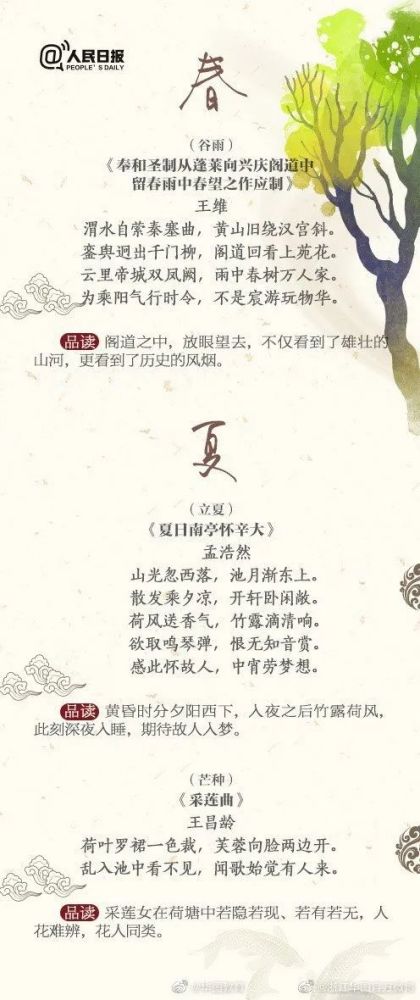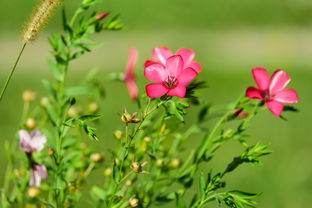诗歌的魅力英语作文
Appreciating the Art of Poetry
Poetry, a timeless and captivating art form, transcends language barriers to evoke emotions, provoke thoughts, and stimulate the imagination. Whether through the rhythmic flow of words, the vivid imagery painted across the lines, or the profound insights into the human experience, poetry holds a unique place in the realm of literature. Let us delve into the essence of poetry and explore its intricacies, beauty, and significance.
Understanding the Elements of Poetry
At its core, poetry is a craft of words, employing various literary devices and techniques to convey its message. Some key elements include:
1.
Imagery
: Poets often use vivid imagery to create sensory experiences for the reader, painting pictures with words that appeal to the senses of sight, sound, taste, touch, and smell.2.
Metaphor and Simile
: Metaphors and similes are powerful tools in poetry, allowing poets to draw connections between seemingly unrelated concepts or objects, thereby enriching the meaning and depth of their work.3.
Rhythm and Meter
: The rhythmic patterns and meters in poetry contribute to its musicality and cadence, influencing the pace and flow of the verse. From the structured beats of traditional forms like sonnets and haikus to the freeflowing rhythms of modern poetry, each style carries its own unique charm.4.
Symbolism
: Symbolism adds layers of meaning to poetic works, as objects, colors, and motifs are imbued with deeper significance, often representing abstract ideas or emotions.5.
Language and Diction
: Poets carefully select their words to convey precise meanings and evoke specific emotions. The choice of language, including its tone, rhythm, and connotations, shapes the overall impact of the poem.Exploring Different Forms and Styles
Poetry encompasses a diverse array of forms and styles, each with its own rules, structures, and traditions. Some notable forms include:

1.
Sonnet
: A 14line poem, often with a structured rhyme scheme, popularized by poets like William Shakespeare and Petrarch.2.
Haiku
: A traditional Japanese form consisting of three lines with a syllable pattern of 575, typically focusing on nature and the fleeting moments of life.3.
Free Verse
: Characterized by its absence of strict meter or rhyme scheme, free verse allows poets greater flexibility in expression, emphasizing natural speech rhythms and creative freedom.4.
Ballad
: A narrative poem, often set to music, recounting a story of love, heroism, or tragedy, passed down through oral tradition.5.
Ode
: A lyrical poem that celebrates or pays tribute to a person, object, or abstract concept, expressing deep admiration and reverence.Embracing the Power of Poetry
Beyond its aesthetic appeal, poetry serves as a powerful medium for selfexpression, social commentary, and cultural preservation. Through poetry, individuals can explore their innermost thoughts and feelings, finding solace, catharsis, and connection in the shared human experience. Moreover, poets have long used their craft to challenge societal norms, advocate for change, and give voice to marginalized communities.
In today's fastpaced world, where communication is often reduced to soundbites and tweets, poetry offers a counterbalance—a space for reflection, contemplation, and emotional resonance. By engaging with poetry, whether by reading classic works or penning original verses, one can cultivate a deeper appreciation for language, aesthetics, and the boundless creativity of the human spirit.
Conclusion
In conclusion, the art of poetry beckons us to pause, listen, and reflect—to savor the beauty of language, the richness of imagery, and the depth of human experience captured within its lines. As we immerse ourselves in the world of poetry, we embark on a journey of discovery, enlightenment, and connection—an eternal dance between words and hearts, woven into the fabric of our shared humanity.
Let us, then, embrace the transformative power of poetry, allowing it to inspire, uplift, and unite us across cultures, languages, and generations. For in the poetry of life, we find echoes of our own stories, whispered from the depths of the soul.
[End of Content]











